Google has a monopoly over the online search market, US court rules
Google violated antitrust law by paying to be default search engine, US court says

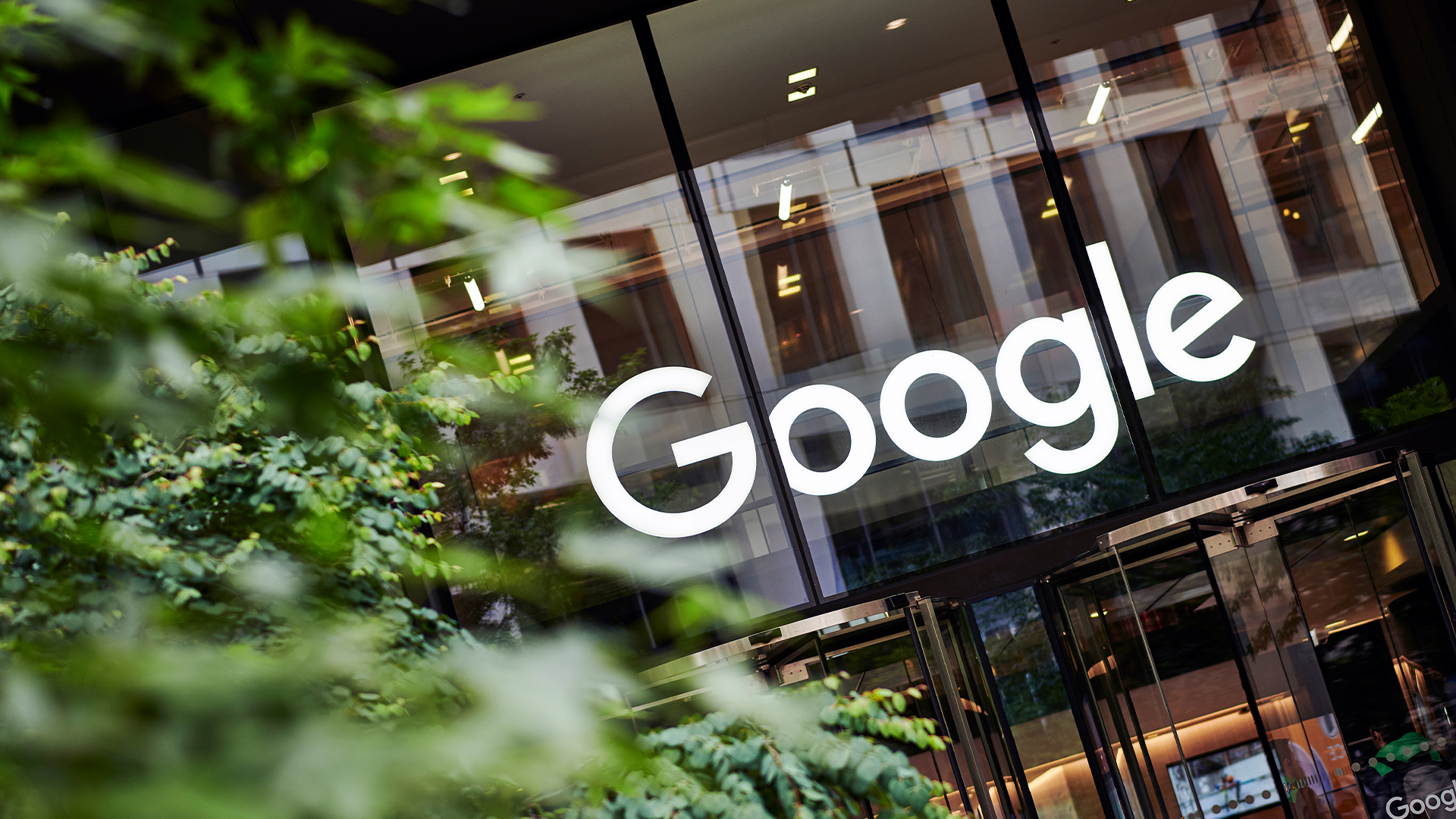
Sign up today and you will receive a free copy of our Future Focus 2025 report - the leading guidance on AI, cybersecurity and other IT challenges as per 700+ senior executives
You are now subscribed
Your newsletter sign-up was successful
A US judge has ruled that Google's payments to make its search engine the default on other browsers broke antitrust rules and led the company to becoming a monopoly in the space.
The case was brought back in 2020, and concerns the billions of dollars that Alphabet-owned Google has paid to companies that make web browsers and smartphones — such as Apple and Samsung — in order to ensure its own search engine is the default setting or exclusive option.
Those payments, totaling $26 billion in 2021 alone, cemented Google's monopoly on online search and helped it generate $146 billion in annual revenue in search ads across the year, according to a court filing.
In a 286-page ruling, Judge Amit Mehta noted that Google's dominance in US search queries was 90% by 2020, and 95% on mobile devices. The filing also noted that Google was the best search option, however.
"Google has not achieved market dominance by happenstance,” Mehta stated.
The company has “hired thousands of highly skilled engineers, innovated consistently, and made shrewd business decisions”, the judge noted.
“The result is the industry’s highest quality search engine, which has earned Google the trust of hundreds of millions of daily users."
Sign up today and you will receive a free copy of our Future Focus 2025 report - the leading guidance on AI, cybersecurity and other IT challenges as per 700+ senior executives
That isn't all Google did, Mehta added.
"But Google also has a major, largely unseen advantage over its rivals: default distribution. And to achieve that, Google has signed agreements worth billions with browser developers, mobile device makers, and mobile operators to make sure Google is the default search engine. And that has led to a monopoly in search.”
After a nine-week trial, petabytes of data, and 3,500 exhibits, Mehta said the court reached the conclusion that Google was a “monopolist” and has actively sought to maintain that monopoly.
Google had argued that rival search engines simply weren't as good, and that the trial should consider other ways to search the internet, such as via social media.
What's next for Google?
Alphabet said it would appeal the ruling.
"This decision recognizes that Google offers the best search engine, but concludes that we shouldn’t be allowed to make it easily available,” Kent Walker, President of Google Global Affairs, said in a statement.
"As this process continues, we will remain focused on making products that people find helpful and easy to use," Walker added, according to Bloomberg.
Beyond appeals, which could take years, a followup trial will next have to decide the "remedy" for Google's monopoly in search.
RELATED WHITEPAPER

That could include an order to break up parent company Alphabet, though other solutions are possible, including banning Google from offering search deals or opening up its search system to other providers.
Evidence was presented during the trial of Google being forced to offer a range of search engine options in Europe, but that was shown to have little impact.
"Win for Americans"
The win was celebrated by US leaders. The White House press secretary said it was a "victory for the American people."
Democratic Senator Amy Klobuchar said on X that it could herald further regulation of the sector down the road.
"This is a huge victory for the American people and shows the importance of enforcing our antitrust laws and why I am advocating for competition rules of the road for monopoly tech companies,” she wrote.
Attorney General Merrick Garland echoed that, saying the case was a "historic win", adding in a statement: “No company — no matter how large or influential — is above the law. The Justice Department will continue to vigorously enforce our antitrust laws."
Assistant Attorney General Jonathan Kanter said the decision would help hold Google accountable. "It paves the path for innovation for generations to come and protects access to information for all Americans," he added.
ITPro has approached Alphabet, but the company did not immediately respond.
Freelance journalist Nicole Kobie first started writing for ITPro in 2007, with bylines in New Scientist, Wired, PC Pro and many more.
Nicole the author of a book about the history of technology, The Long History of the Future.
-
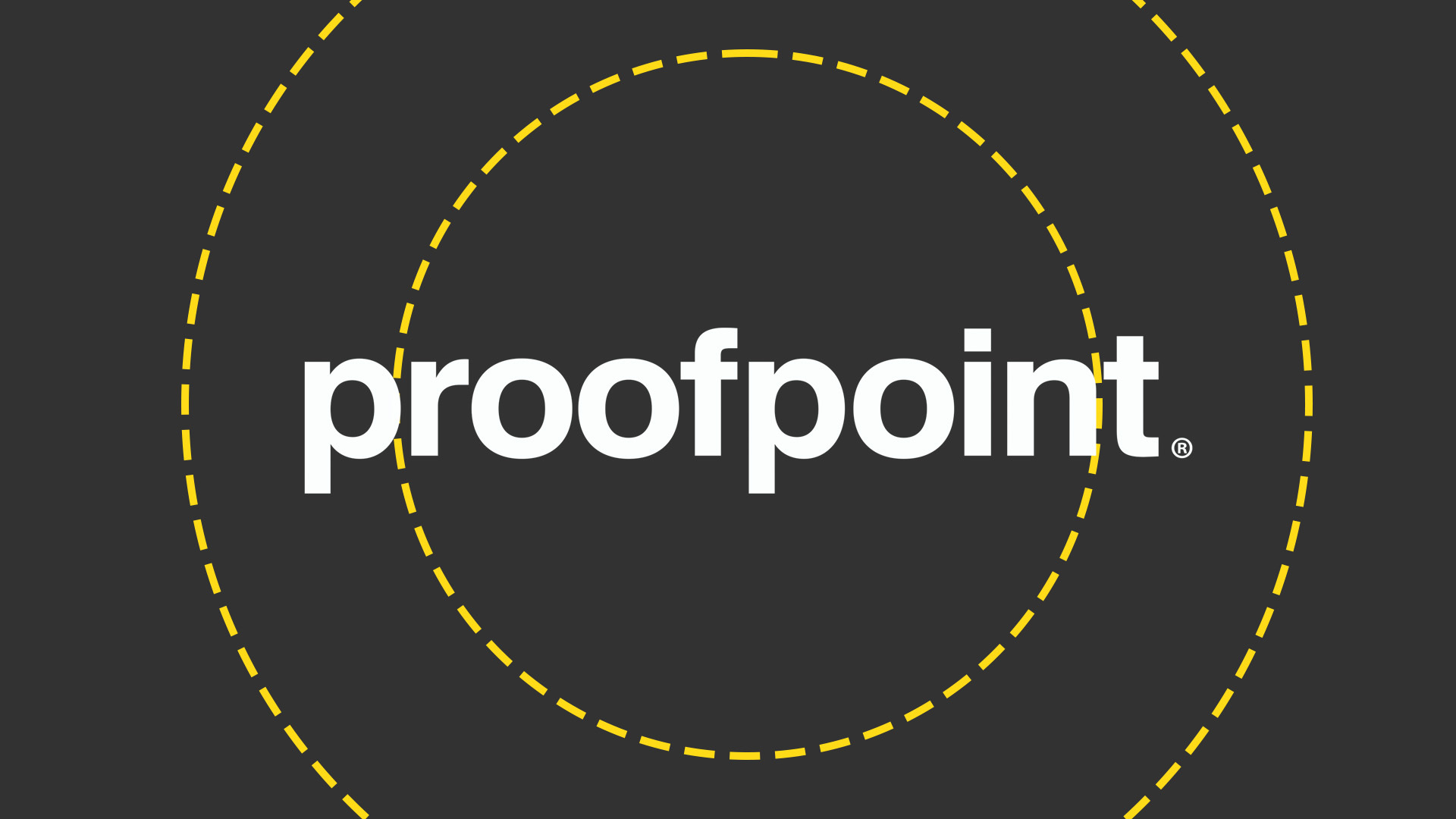 Proofpoint targets partner profitability with revamped channel program
Proofpoint targets partner profitability with revamped channel programNews The Proofpoint Partner Network offers fresh incentives, investments, and expanded services to help partners capture AI-driven opportunities
-
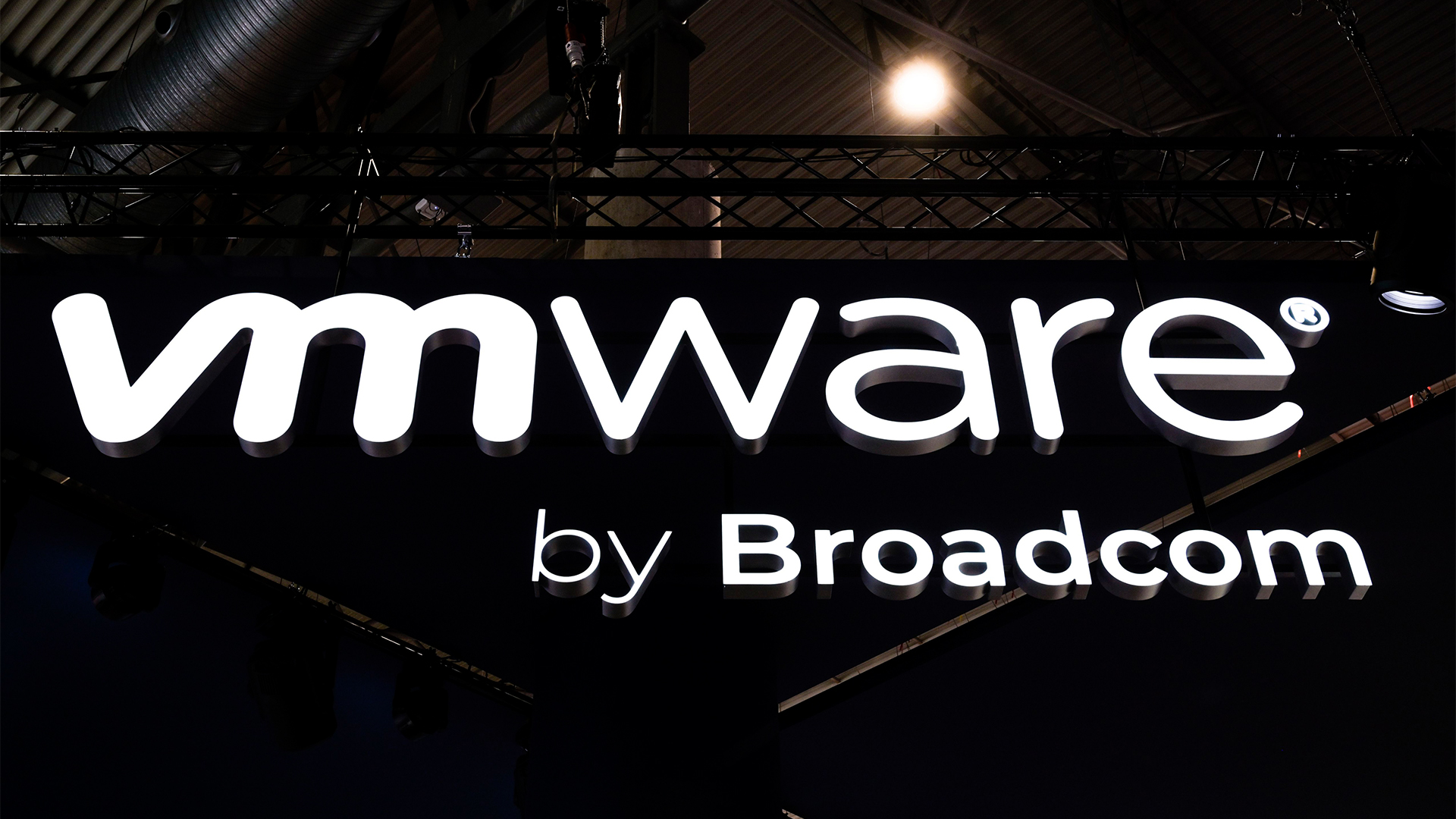 86% of companies are reducing their VMware dependency post-Broadcom acquisition
86% of companies are reducing their VMware dependency post-Broadcom acquisitionNews Nearly two and a half years on from the Broadcom acquisition, VMware customers are steadily working to unwind their dependence
-
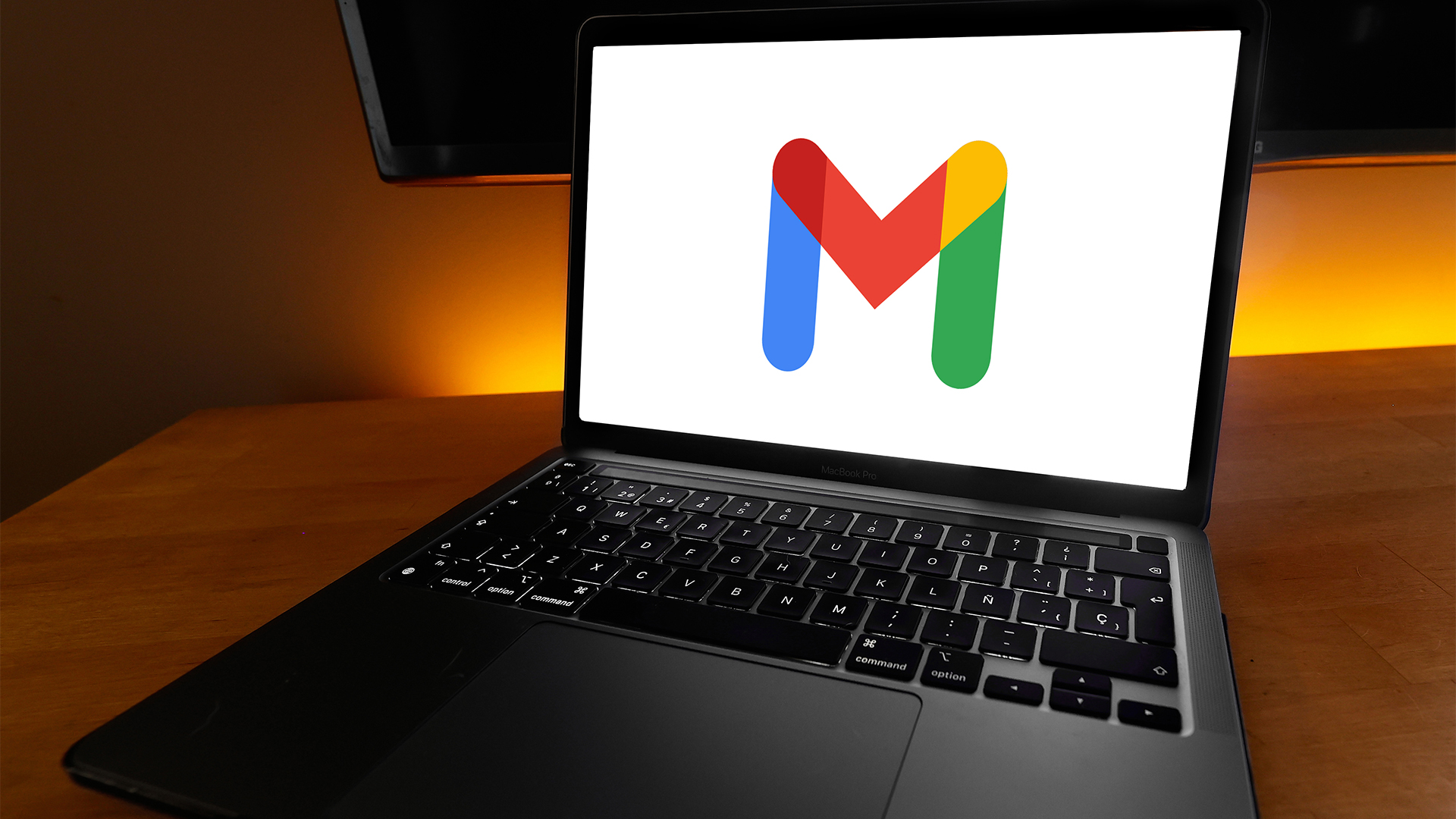 New Gemini features are coming to Gmail, but don't worry, you can switch them off – Google says they're not a 'forced requirement' and users can opt for the classic version
New Gemini features are coming to Gmail, but don't worry, you can switch them off – Google says they're not a 'forced requirement' and users can opt for the classic versionNews Google has announced plans for deeper AI integration within Gmail to help users automate inboxes, here's how to turn the features off.
-
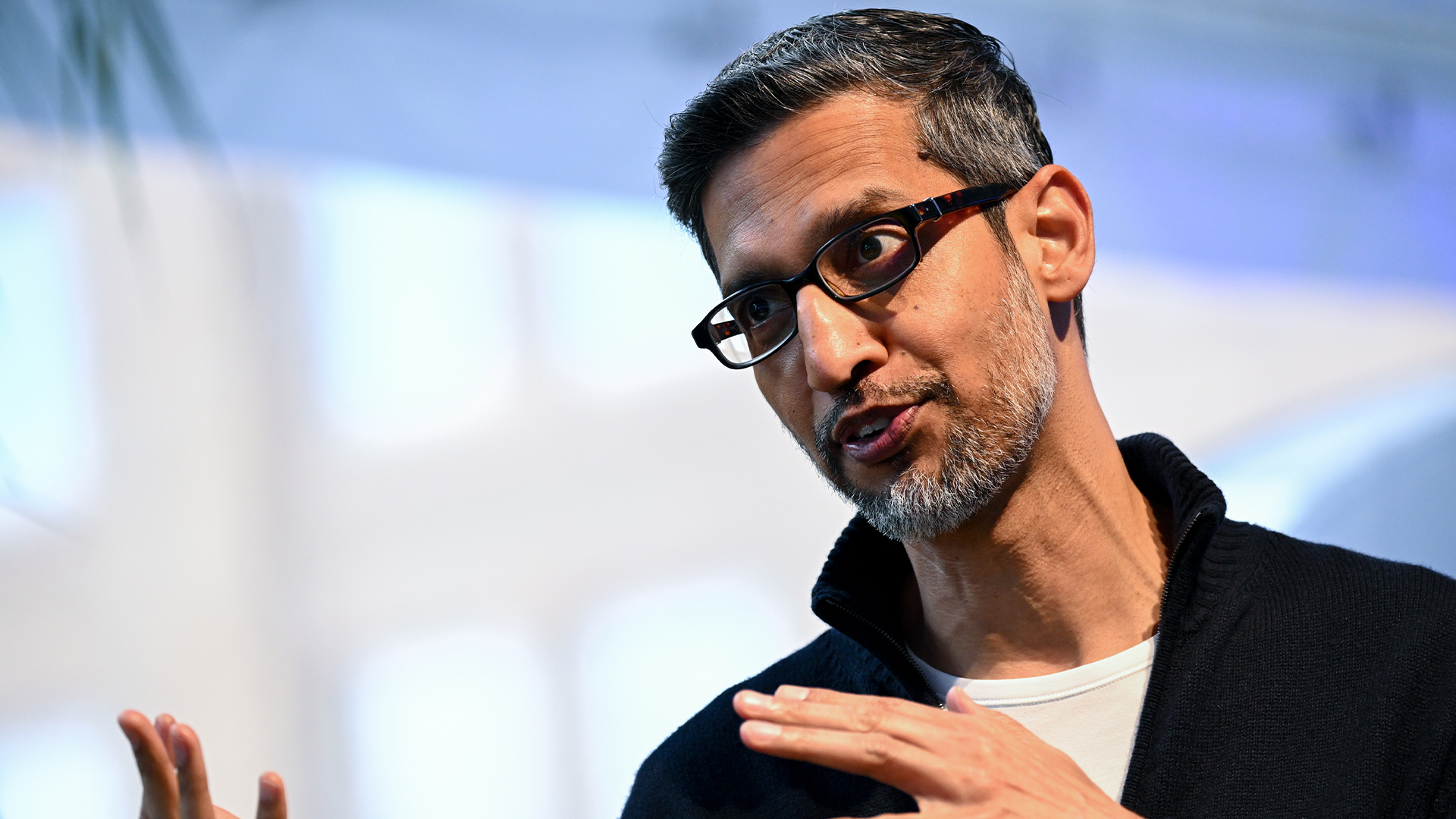 Google CEO Sundar Pichai thinks software development is 'exciting again' thanks to vibe coding — but developers might disagree
Google CEO Sundar Pichai thinks software development is 'exciting again' thanks to vibe coding — but developers might disagreeNews Google CEO Sundar Pichai claims software development has become “exciting again” since the rise of vibe coding, but some devs are still on the fence about using AI to code.
-
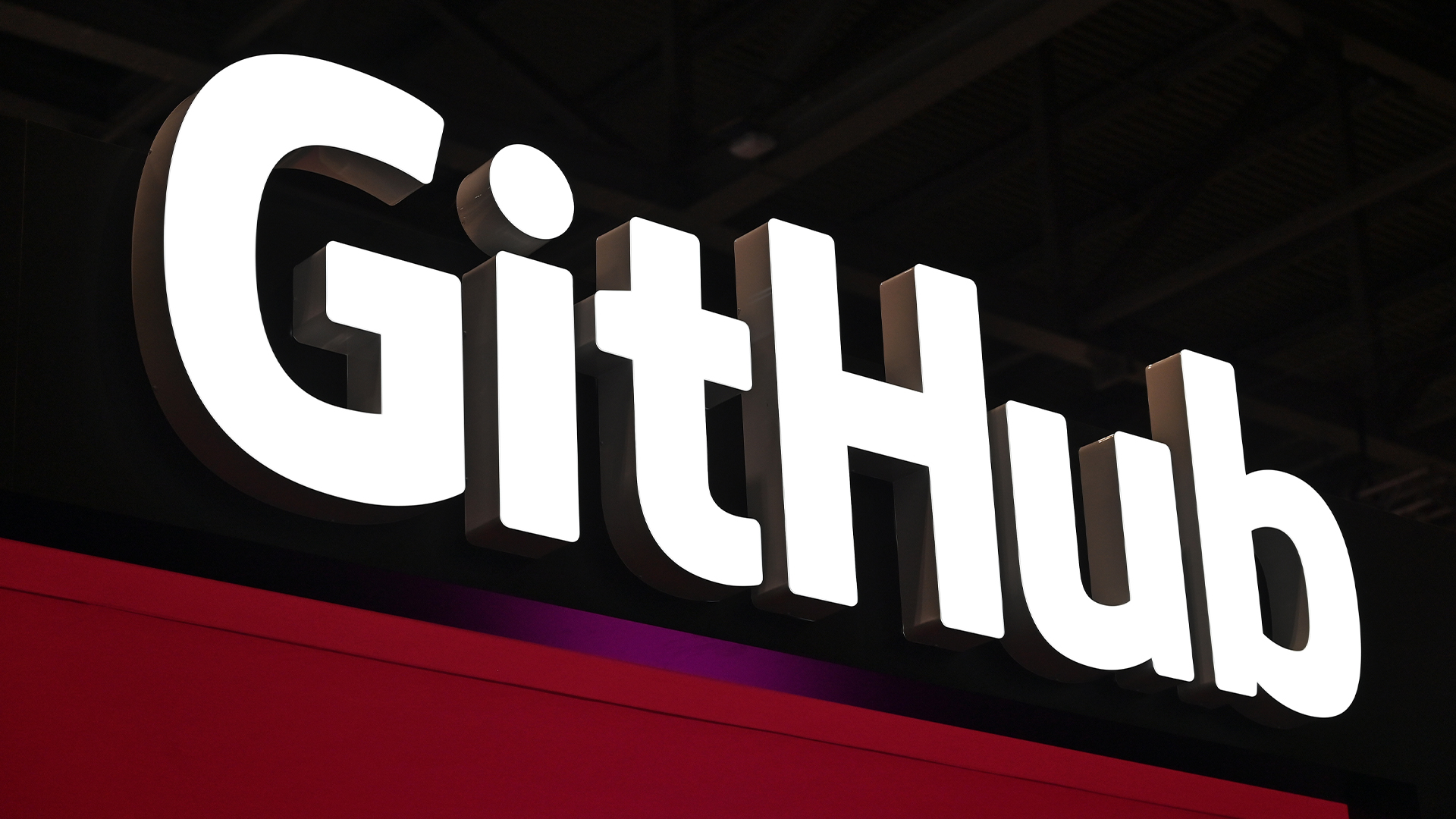 GitHub is scrapping some Claude, OpenAI, and Gemini models in Copilot – here's what you need to know and what alternatives are available
GitHub is scrapping some Claude, OpenAI, and Gemini models in Copilot – here's what you need to know and what alternatives are availableNews GitHub Copilot users are urged to switch to the newer models following the retirement cut-off
-
 UK government programmers trialed AI coding assistants from Microsoft, GitHub, and Google – here's what they found
UK government programmers trialed AI coding assistants from Microsoft, GitHub, and Google – here's what they foundNews Developers participating in a trial of AI coding tools from Google, Microsoft, and GitHub reported big time savings, with 58% saying they now couldn't work without them.
-
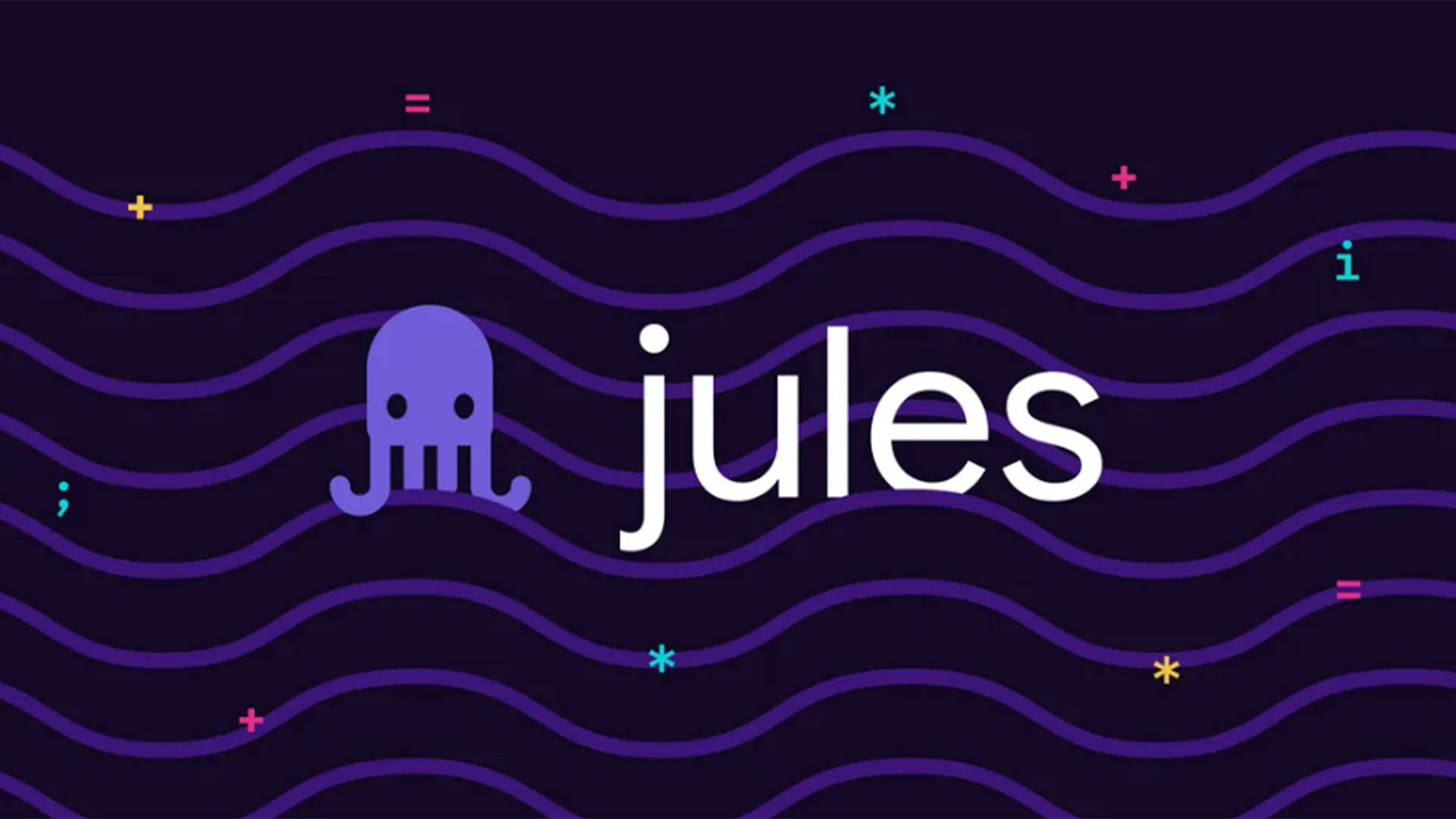 Google's new Jules coding agent is free to use for anyone – and it just got a big update to prevent bad code output
Google's new Jules coding agent is free to use for anyone – and it just got a big update to prevent bad code outputNews Jules came out of beta and launched publicly earlier this month, but it's already had a big update aimed at improving code quality and safety.
-
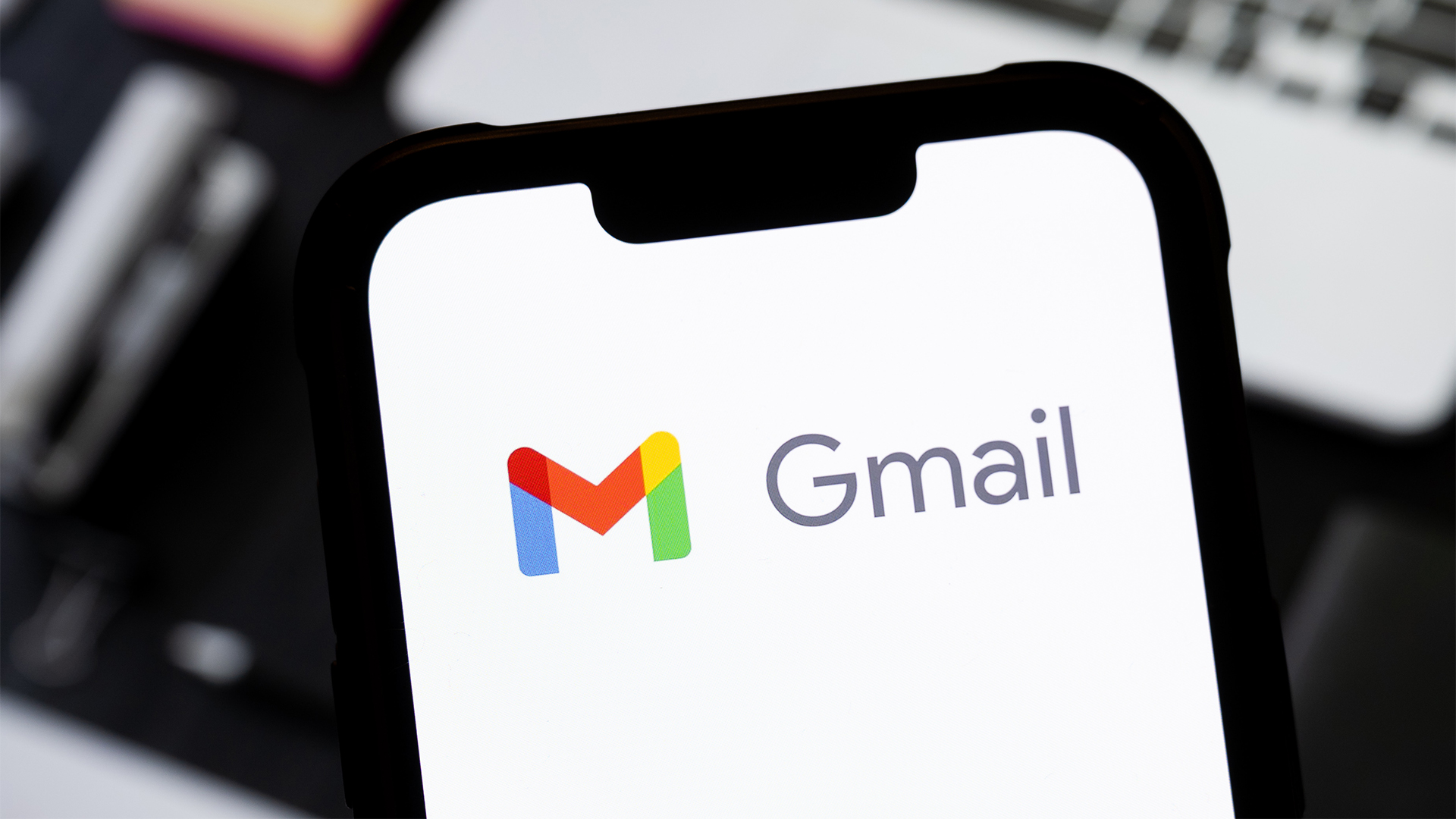 This handy new Gmail feature is exactly what you need to clean up your inbox
This handy new Gmail feature is exactly what you need to clean up your inboxNews A simple change in Gmail will give users more control over repeat senders
-
 OpenAI's plan to acquire AI coding startup Windsurf ended in disaster – here’s how the deal fell apart
OpenAI's plan to acquire AI coding startup Windsurf ended in disaster – here’s how the deal fell apartNews The acquisition by Cognition comes after a rumored $3bn offer from OpenAI fell through
-
 How immersive does a video meeting really need to be?
How immersive does a video meeting really need to be?Opinion It’s time to accept that virtual business meetings are awful and no amount of innovation will make them more engaging
